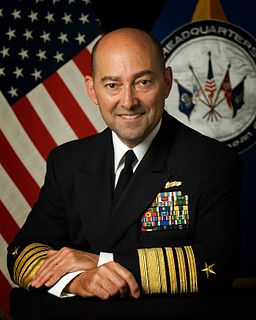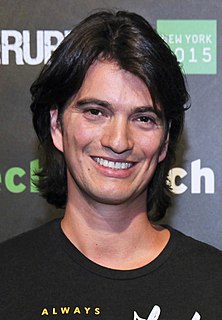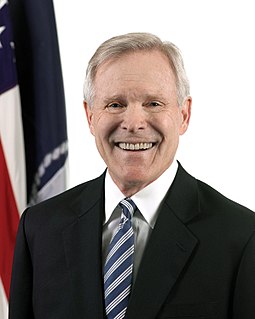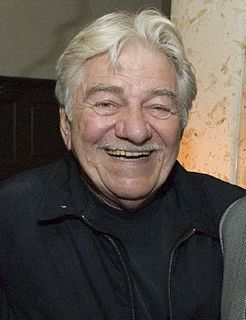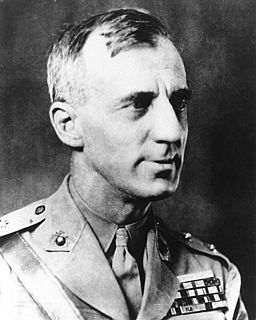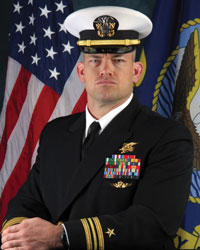Цитата Джеймса Г. Ставридиса
Я провел большую часть своей жизни - почти 40 лет - в качестве офицера. Моя специальность была в части ВМФ, эксплуатирующей океанские корабли, и в результате я по много месяцев находился в море.
Связанные цитаты
Здравый смысл слова (военно-морской флот), как мы его используем сегодня, относится к постоянной боевой службе, состоящей из кораблей, предназначенных для войны, укомплектованных профессионалами и поддерживаемых административной и технической инфраструктурой. Флот в этом смысле — лишь один из возможных способов ведения войны на море, и в некотором роде самый трудный и самый последний. В прошлом существовало и до некоторой степени существует множество других способов получения морской энергии.
Я действительно не знаю, почему все мы так привязаны к морю, но я думаю, что это не только потому, что море меняется, и свет меняется, и корабли меняются, это потому, что мы все пришли сюда. из моря. И это интересный биологический факт, что у всех нас в венах точно такой же процент соли в крови, что и в океане, и, следовательно, у нас есть соль в нашей крови, в нашем поте, в наших слезах. Мы связаны с океаном. И когда мы возвращаемся к морю, будь то плыть или наблюдать за ним, мы возвращаемся туда, откуда пришли.
Вы упомянули, например, о военно-морском флоте и о том, что у нас меньше кораблей, чем в 1916 году. Ну, губернатор, у нас также меньше лошадей и штыков, потому что характер нашей армии изменился. У нас есть такие вещи, как авианосцы, на которые садятся самолеты. У нас есть корабли, которые ходят под водой, атомные подводные лодки.
Разве море с его неисчислимыми глубинами не могло бы сохранить в живых такие огромные образцы жизни из другой эпохи, это море, которое никогда не меняется, в то время как массивы суши претерпевают почти непрерывные изменения? Разве сердце океана не могло скрыть последние оставшиеся разновидности этих титанических видов, для которых годы - века, а века - тысячелетия?
В Латинской Америке в прошлом было почти невозможно гарантировать демократию. Были военные диктатуры, да и сейчас военных диктатур не так много. Хотя у нас в Гондурасе диктатор, в результате переворота, теперь как президент, я бы сказал чуть ли не единственный. Но опять же во главе или под управлением, вынашиваемом правительством США.
